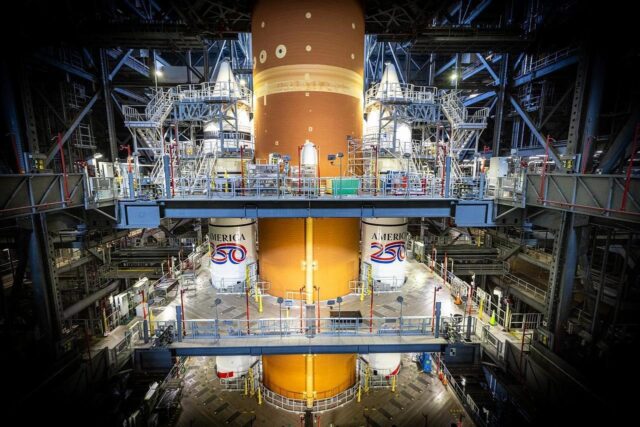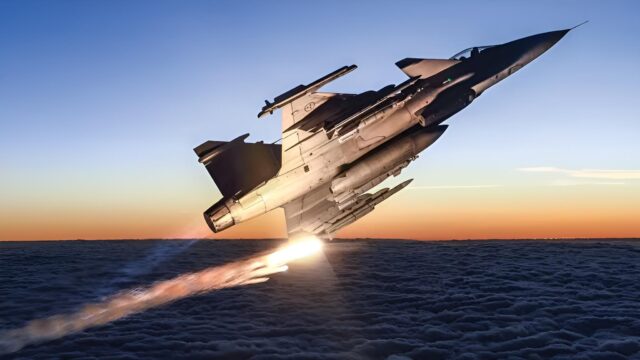Delta’s tariff-dodging plan sees brand new Airbus aircraft stripped of engines

July 16, 2025

In an era of geopolitical chess and global supply chain knots, Delta Air Lines has found a rather novel workaround to the tariffs imposed on importing new Airbus aircraft.
It involves what can only be described as the aviation equivalent of taking the wheels off a brand-new car to fix an old one, except in this case, it’s jet engines.
Delta is stripping Airbus engines to service existing fleet
Last week, Delta’s CEO Ed Bastian delivered his usual quarterly earnings update, but with a twist:
“We are not planning to pay tariffs on aircraft deliveries,” Bastian said. And judging by what Delta’s been up to, he meant every word.
In what might be one of the more creative manoeuvres in modern aviation logistics, Delta is reported by Bloomberg to have been dismantling brand new Airbus A321neo jets.
These aircraft are still parked in Europe. Delta is removing their American-made Pratt & Whitney engines and shipping them back across the Atlantic.

This allows the airline to dodge a 10% import tariff imposed on European-built aircraft under the Trump trade policy. That tariff is projected to rise to 30% from 1 August.
Cannibalising brand new jets: Absurd or ingenious?
The aircraft themselves are not quite ready for prime time anyway. Bureaucratic delays involving seat certification have left these shiny new jets effectively grounded.
But their engines are made in the good ol’ US of A, and perfectly legal to ship home without tariffs.
Back in the States, some of Delta’s older A320s have been stuck on the ground, desperately awaiting engine repairs. So, the airline had a lightbulb moment: Why not turn those idle A321neos into glorified engine donors?

It sounds absurd, and it kind of is. But it also makes a surprising amount of sense. Strip the engines off the parked jets in Europe, send them home tariff-free, slap them on older aircraft in need, and keep the fleet flying without forking over millions in duties.
When the trade rules ease, or someone finally signs off on those seats, Delta can ship over the rest of the plane.
Bastian, never one to mince words, reiterated the strategy with calm conviction: “We are not planning to pay tariffs,” he said bluntly, as if reminding Washington that airlines, too, know how to read the fine print.
Delta’s tariff dodging history
To be fair, this isn’t the first time Delta has taken the scenic route around tariffs. In years past, it has flown aircraft through countries like Japan and El Salvador before delivering them to the US, carefully avoiding costly import fees in the process.
Of course, this whole episode also says something slightly less amusing about global trade. Policies intended to protect domestic industries often wind up producing… well, this. An airline breaking down brand-new jets to avoid costs that were never really theirs to bear.

As Bastian pointed out, the aviation and aerospace sectors generate one of the largest trade surpluses for the US, yet they’re still entangled in tariffs that make business harder, not easier.
In the meantime, Delta’s approach has turned into something of a corporate case study. Faced with a logistical headache and a costly policy snag, the airline chose ingenuity over inertia.
Cannibalising brand-new planes sounds daft on the surface, but the result is grounded jets flying again, tariffs dodged, and a company showing it knows how to play the game, and of course, win.
Whether this sparks a broader conversation about trade reform or just a flurry of bemused aviation headlines, one thing’s for sure: when life gives you grounded aircraft, Delta finds a way to make them fly, even if it means shipping the bits home in separate boxes.
















